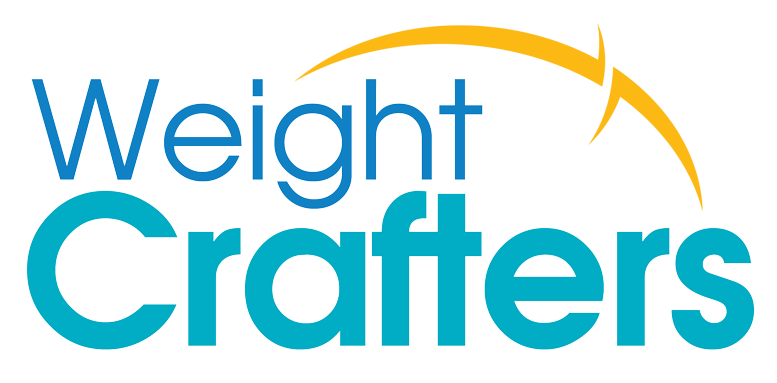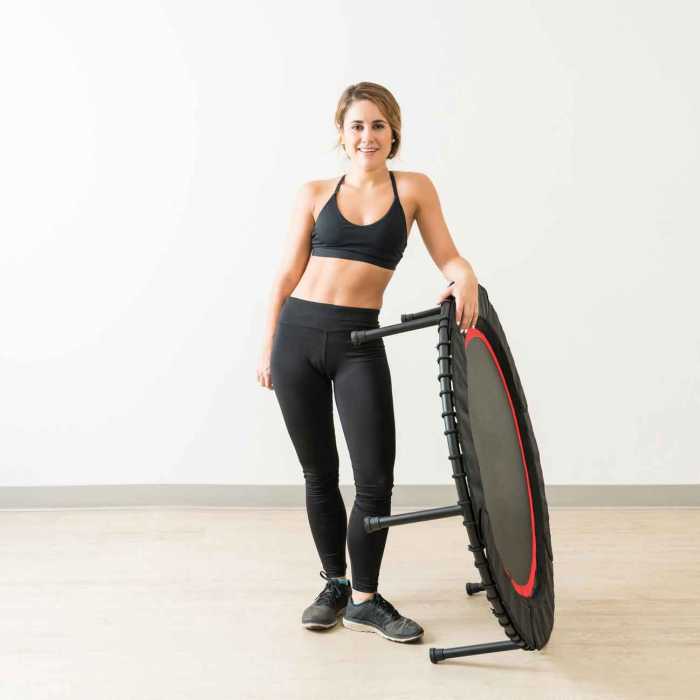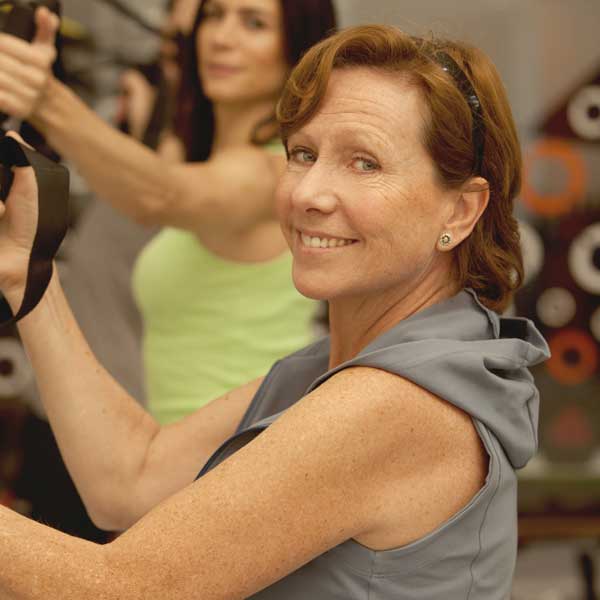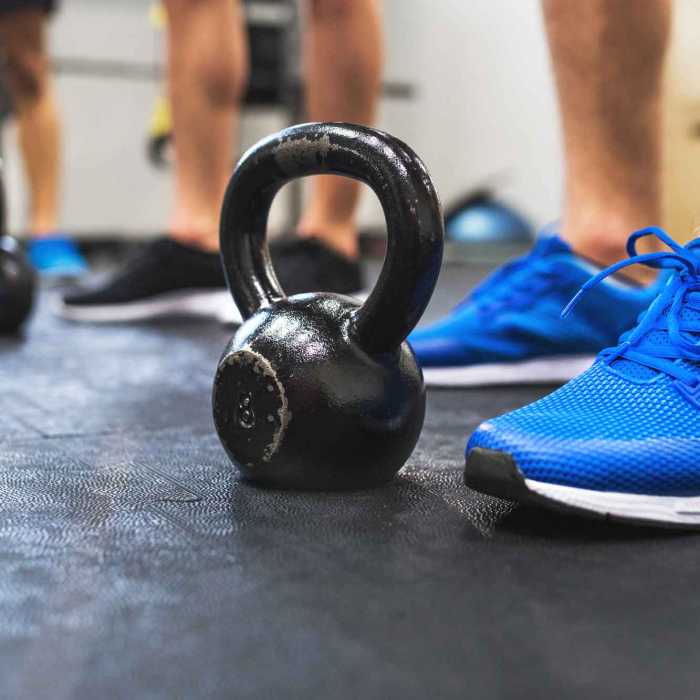What is a Fitness Test Item?
Online Glossary / Quick Reference
A single test that represents a component of fitness. Fitness testing - the process of measuring fitness.
About Fitness Test Item
A fitness test item refers to a specific test designed to measure a particular component of physical fitness. Each test item targets a distinct aspect of fitness, such as cardiovascular endurance, muscular strength, flexibility, or body composition. These individual tests are integral parts of a comprehensive fitness testing process, which collectively assesses an individual's overall fitness level.
Examples of Fitness Test Items
- Cardiovascular Endurance: The VO2 max test measures the maximum amount of oxygen the body can utilize during intense exercise. Another common test is the Cooper 12-minute run test, where individuals run as far as possible in 12 minutes.
- Muscular Strength: The one-repetition max (1RM) test evaluates the maximum weight an individual can lift in a single repetition for a particular exercise, such as a bench press or squat.
- Muscular Endurance: The push-up test measures how many push-ups an individual can perform continuously without rest. The sit-up test assesses how many sit-ups can be completed in a set time, such as one minute.
- Flexibility: The sit-and-reach test evaluates the flexibility of the lower back and hamstring muscles. The shoulder flexibility test measures the range of motion in the shoulders.
- Body Composition: The skinfold caliper test estimates body fat percentage by measuring the thickness of skinfolds at various body sites. Bioelectrical impedance analysis (BIA) and dual-energy X-ray absorptiometry (DEXA) scans are also used to assess body composition.
Importance of Fitness Test Items
- Targeted Assessment: Each test item provides specific information about a particular aspect of fitness, allowing for a detailed and targeted assessment.
- Baseline Measurement: Fitness test items establish a baseline measure of an individual's fitness level, which can be used to track progress over time.
- Customized Training: The results from fitness test items help fitness professionals design personalized training programs that address individual strengths and weaknesses.
- Motivation and Goal Setting: Clear, measurable outcomes from fitness test items can motivate individuals and help set realistic and achievable fitness goals.
Fitness Testing Process
Fitness testing involves the systematic administration of various fitness test items to gather comprehensive data about an individual's fitness level. The process typically includes:
- Preparation: Ensuring the individual is properly prepared for testing, which may involve wearing appropriate clothing, warming up, and understanding the test procedures.
- Testing: Conducting the individual fitness tests in a controlled and standardized manner to ensure accurate and reliable results.
- Recording: Accurately recording the results of each fitness test item for later analysis and comparison.
- Analysis: Evaluating the results to identify strengths, weaknesses, and areas for improvement.
- Feedback: Providing detailed feedback to the individual, explaining the results and their implications for the training program.
Fitness test items are essential tools in the process of fitness testing, providing valuable insights into an individual's physical capabilities and helping to guide effective fitness planning and goal setting. Regular fitness testing can help monitor progress, adjust training programs, and achieve long-term fitness objectives.
















